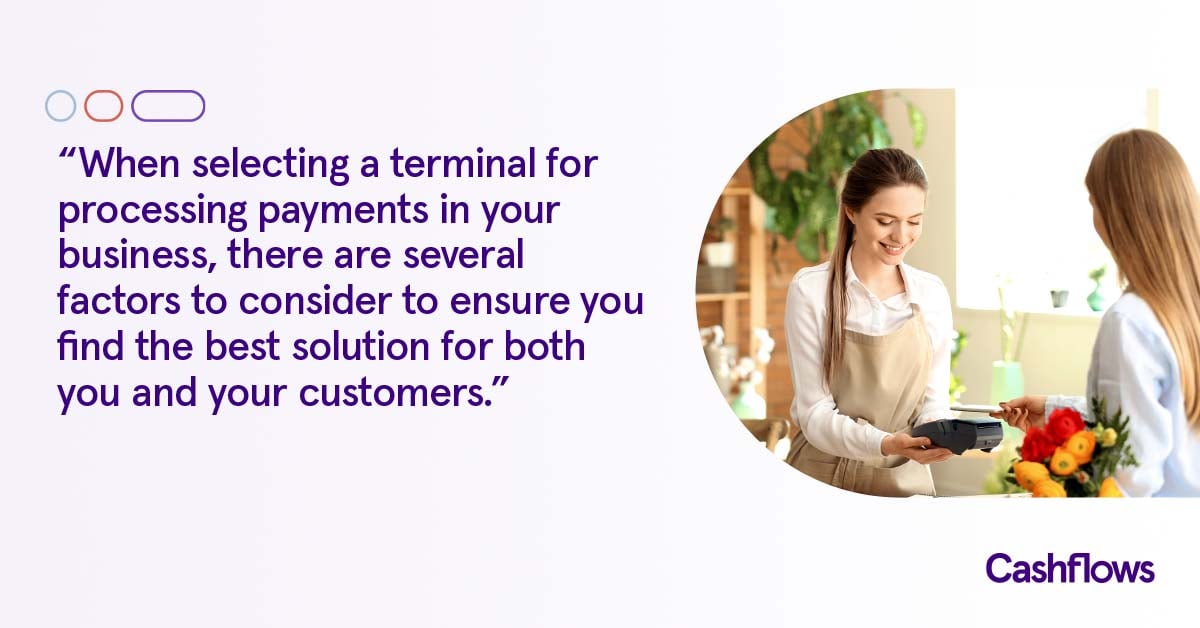With around 90 per cent of British internet users shopping online*, e-commerce channels are now a crucial fact of life for every B2C business.
Online retail sales are growing at an annual rate of around - and often in excess of - 10 per cent, compared to 4 per cent overall. Roughly 18 per cent of retail sales are now online**.
Consumers in their droves are taking advantage of the convenience offered by online shopping.
E-commerce businesses also value convenience, particularly when it comes to payments providers.
Understandably, many startups opt for a recognised processor like PayPal. This solution works well for those with low capital backing and who lack the safety net of a dedicated procurement team.
Over time, though, requirements tend to change.
As a growth-based business looking to emulate kitchen table success it’s highly likely that your payment needs will become complex and wide-ranging.
For example, you might want to implement recurring billing, direct debit, or exotic scheme and multi-currency acceptance.
With growth also comes a desire to better understand payment declines, gain access to in depth transactional data and above all, benefit from a flexible, volume-based pricing model.
But how does an expanding e-commerce business navigate the payments sector and its solutions which, on the face of it, appear to require specialist knowledge?
As with any sector, a good provider will help prospective clients understand how different solutions work and their relevance to business objectives.
It’s vital that you’re able to grasp the pros and cons of a flat-rate bundled payments processor versus a full merchant acquiring solution geared towards supporting your long-term business growth.
The payments aim of any e-commerce business is to optimise transactions and minimise declines for lowest possible price. There often comes a point when a bundled solution struggles to reconcile volume with value for its customers.
If this is starting to sound a bit like your situation, it might be worth using our handy savings calculator to see how much you could save with a tailored payments solution.
**https://www.ons.gov.uk/businessindustryandtrade/retailindustry/bulletins/retailsales/february2019


